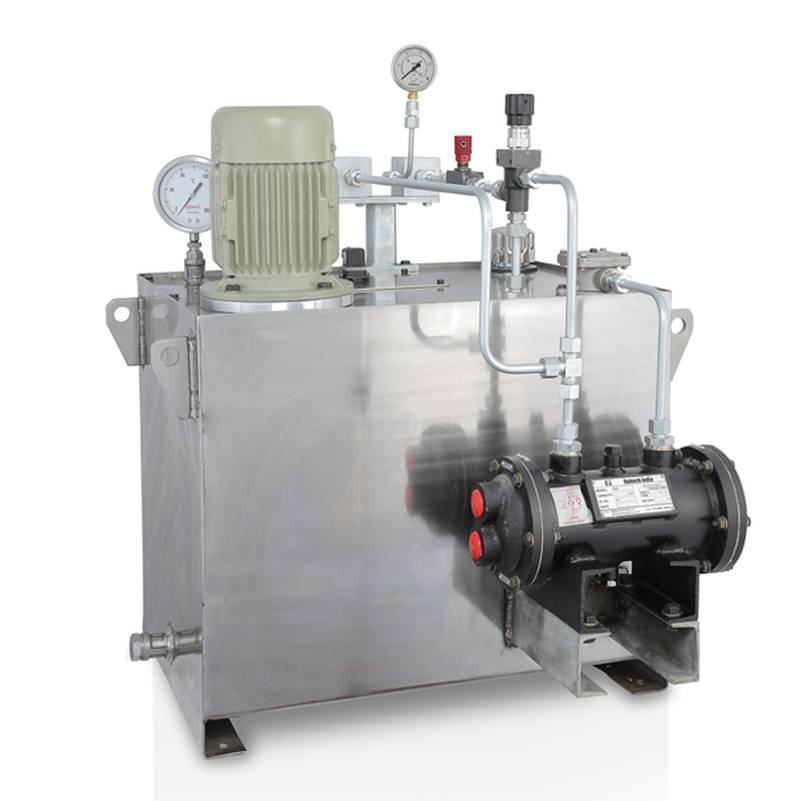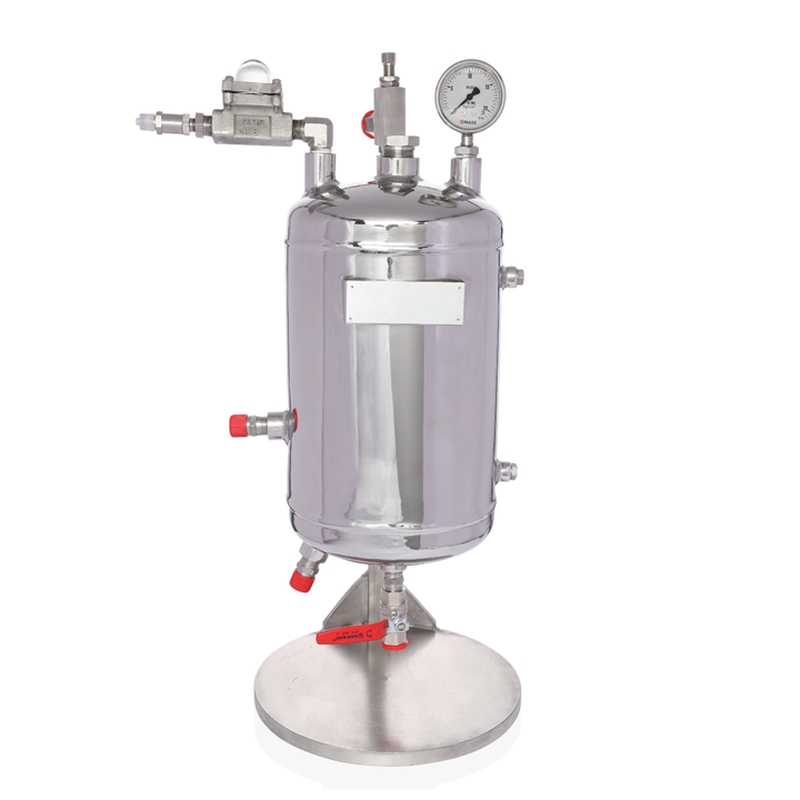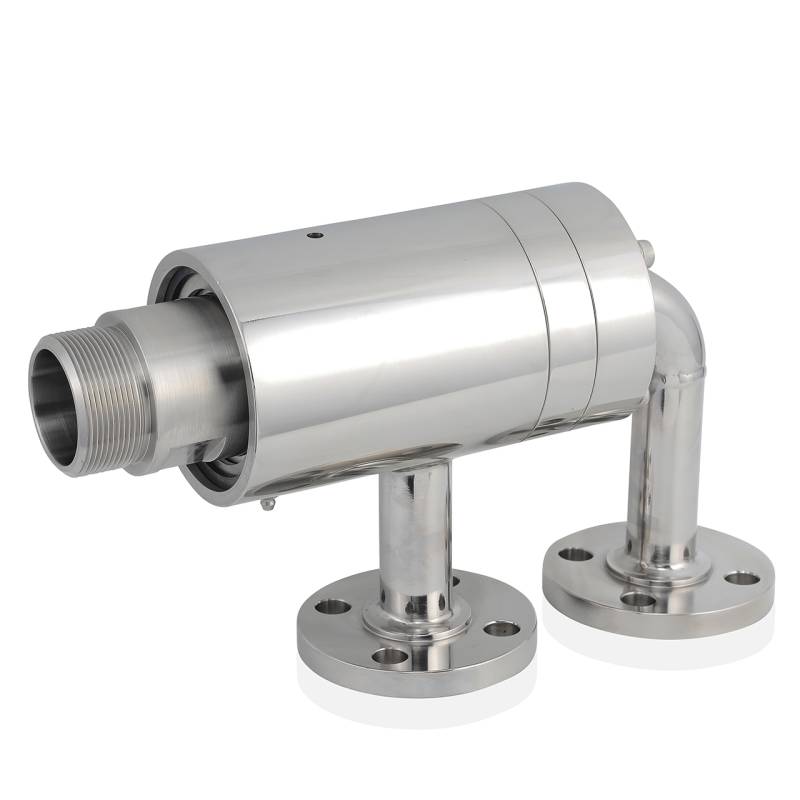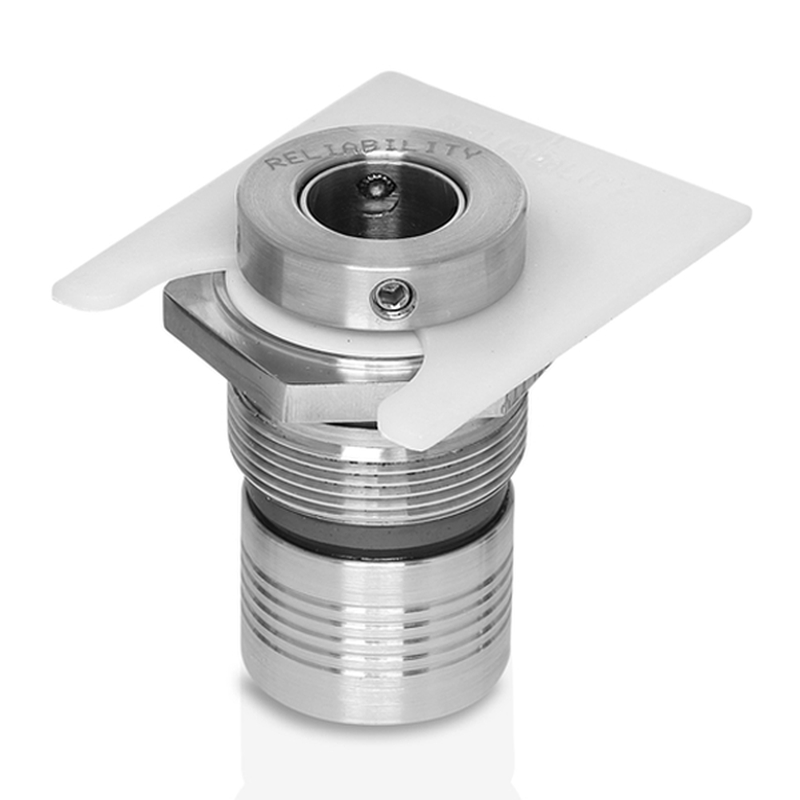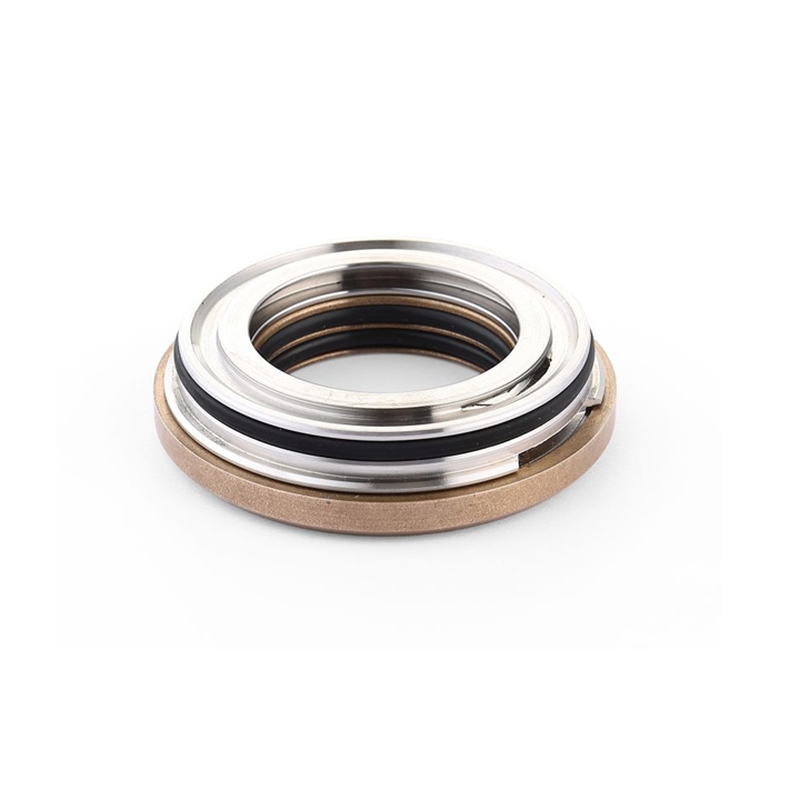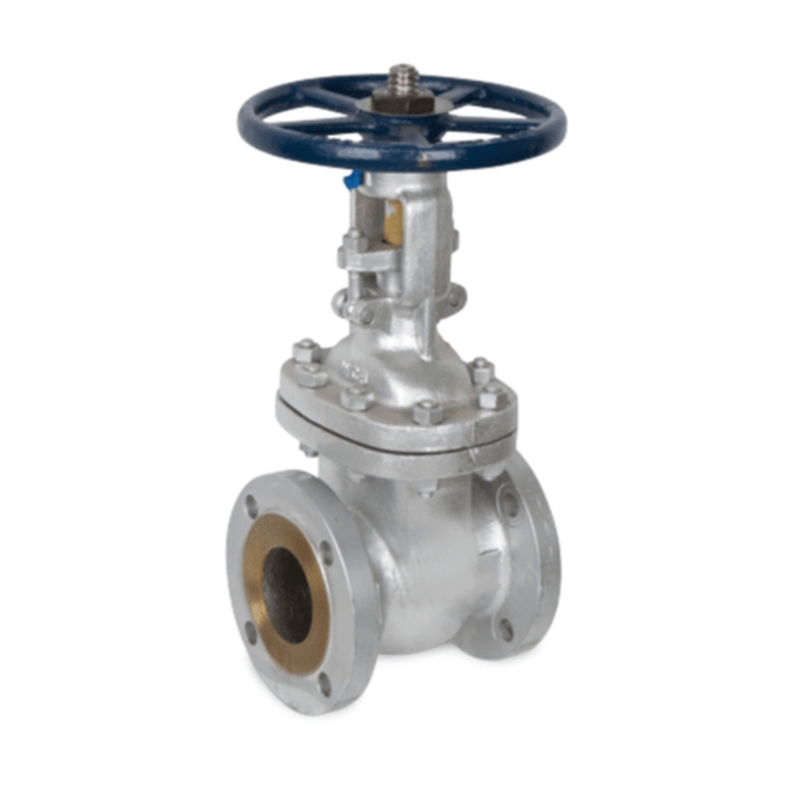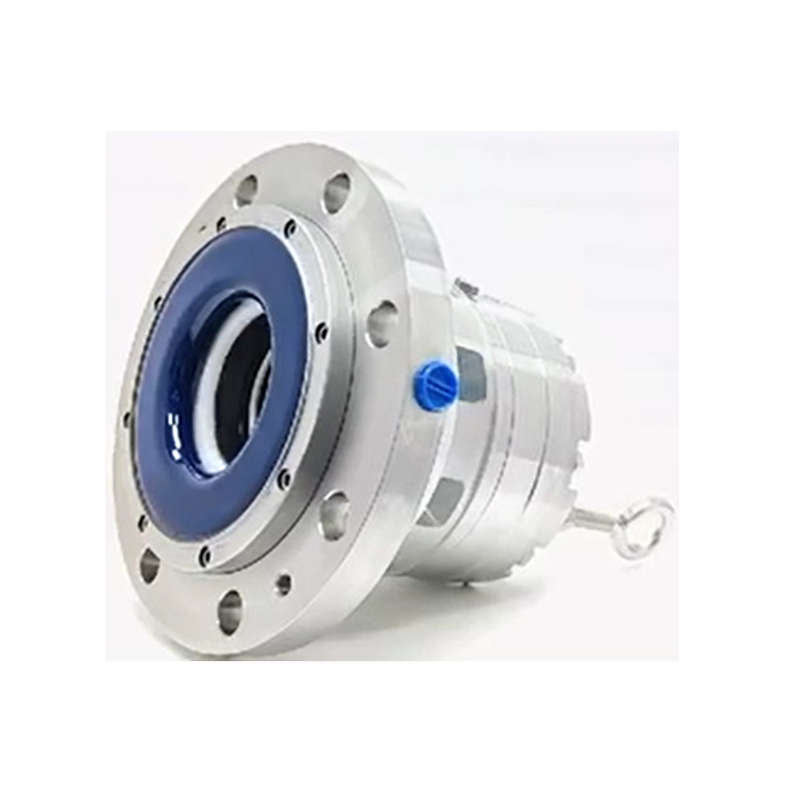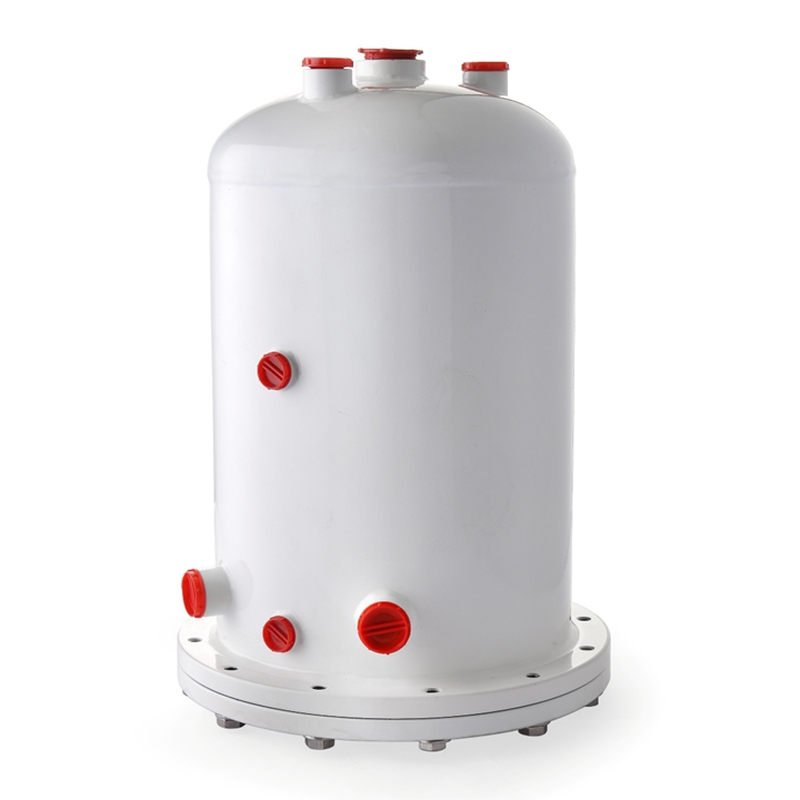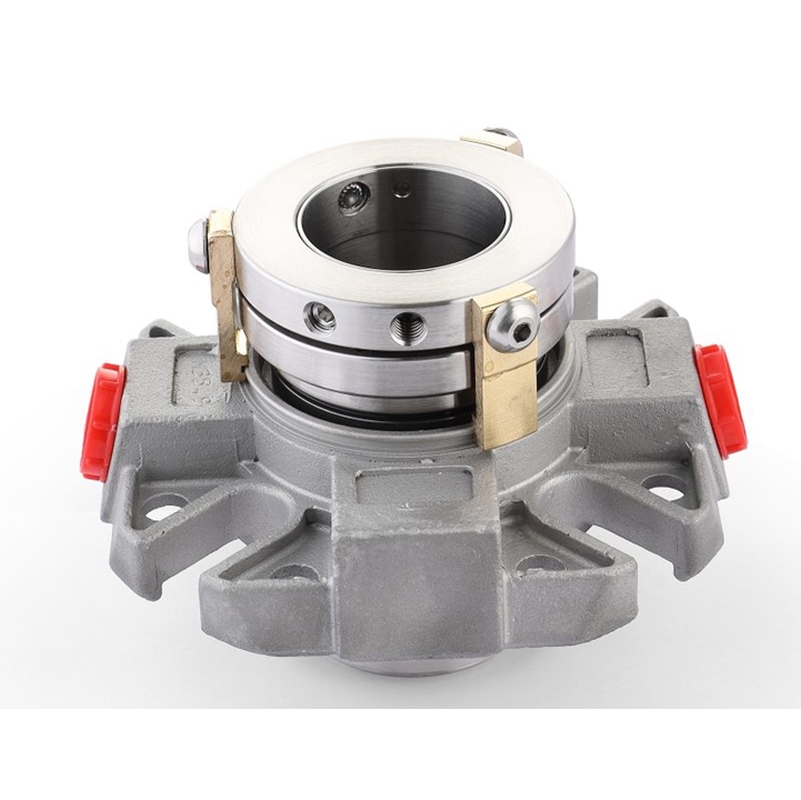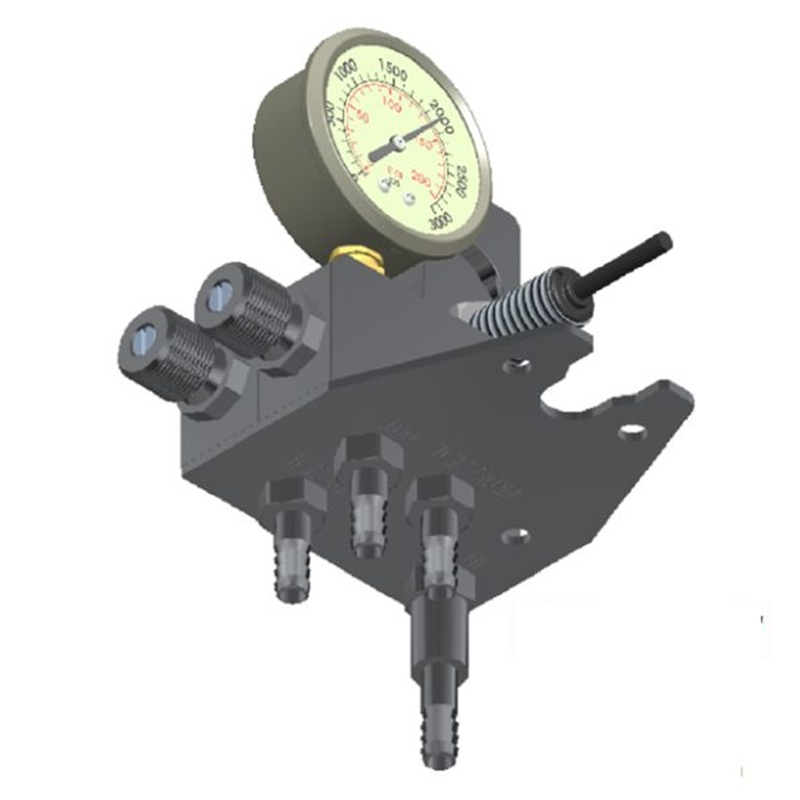Process Industries
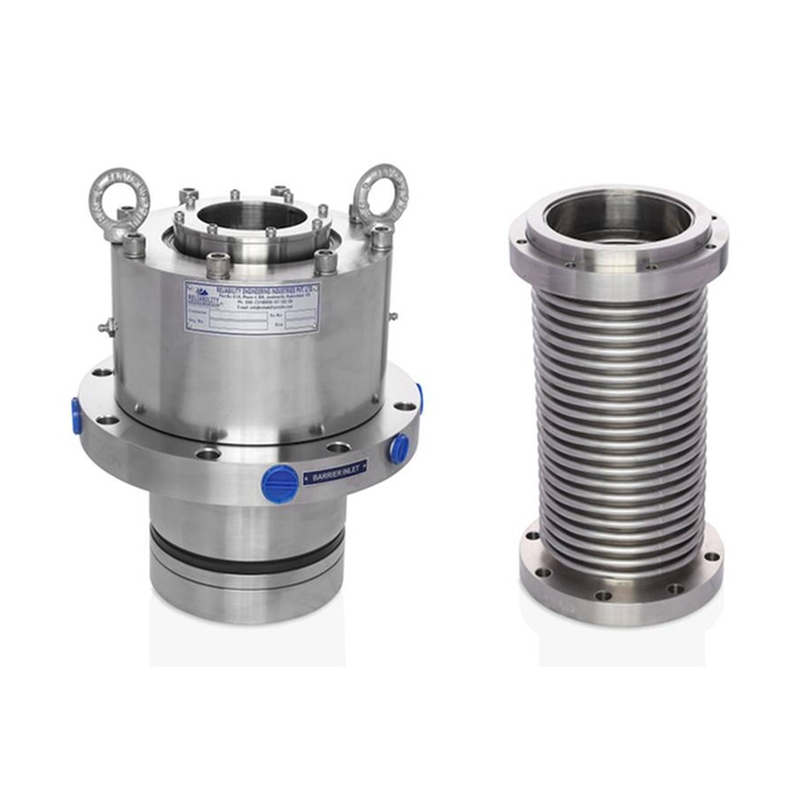
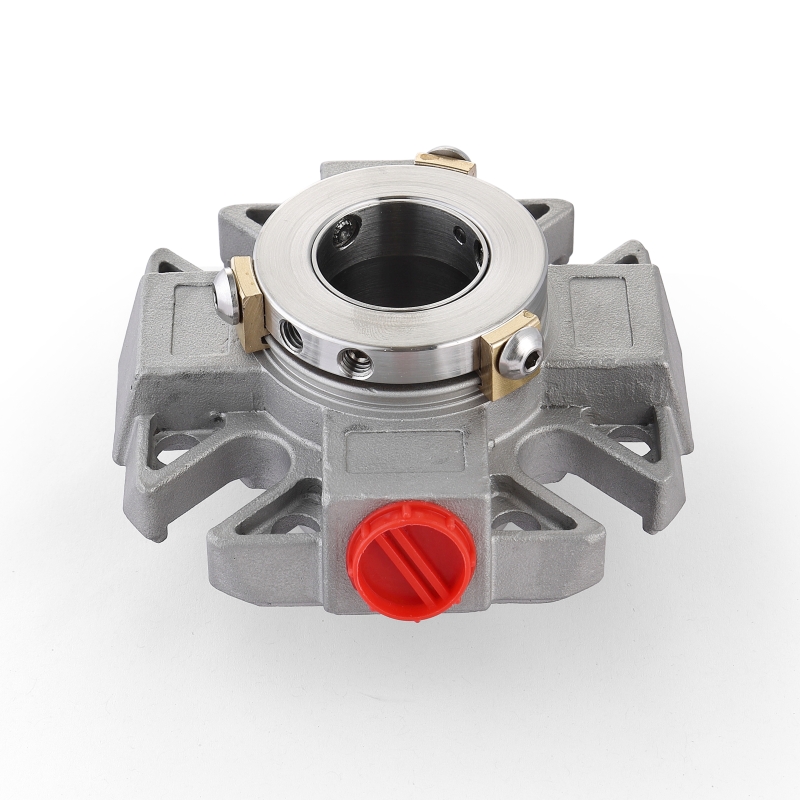
Mechanical seals are the first line of defence in rotating equipment (pumps, compressors, agitators, mixers)—preventing leakage of process fluids, protecting bearings, and ensuring safe machine operation. Bearing seals (e.g. labyrinth seals, elastomeric seals) complement this by protecting bearings from ingress of solids or contaminant fluids.
Schematic’s Capabilities & Differentiators
- Designs and supplies cartridge seals, component (face) seals, mixer/agitator seals, slurry / sludge seals, and custom variants.
- Expertise in API / industry seal systems (Plan 51/52/53/54 etc.), enabling integration into seal support loops. (Reliability Seals offers numerous API Plan configurations)
- Uses modern CAD / finite-element tools to optimize seal geometry, face loads, thermal compatibility, and minimize distortion.
- Materials selection tailored for corrosive, abrasive, high-temperature, or multiphase fluids.
- Seal refurbishment, reverse engineering, and spare-part management programs to extend lifecycle.
- Emphasis on correct application and installation: as numerous studies note, even the best seal design fails if installed improperly or subjected to unstable environment.
By offering sealing systems engineered for the real-world stresses of heavy industry, Schematic helps plants reduce leakage failures, lower maintenance costs, and improve process safety.
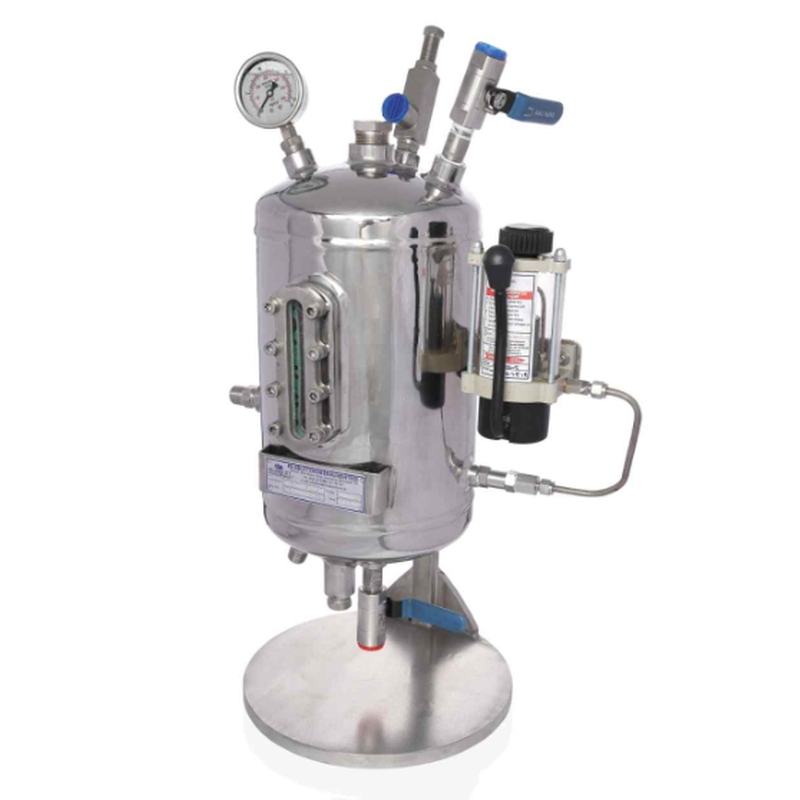
A mechanical seal in many high-pressure, high-temperature, or toxic/fluid-critical environments cannot operate in isolation. It often needs flushing, quenching, barrier/ buffer fluid injection, circulation to cool, or pressure balancing. These “support systems” (also sometimes called seal ancillary systems) are vital to maintain seal reliability and plant safety.
Schematic’s Approach
- Design and supply API-compliant seal support systems (e.g. Plan 52, 53, 54, 65) with pressure control, filtration, cooling, instrumentation, and regulating panels. (Reliability Seals lists API Plan 54 among offerings)
- Modular panels or skid-mounted units to simplify field integration or retrofit.
- Monitoring and diagnostics (flow, pressure, temperature, leak detection) to provide early warning and condition-based maintenance capability.
- Tailored fluid control logic (valving, bypasses, regulation loops) to ensure safe transitions, start/stop, or upset handling.
This ensures the seal sees ideal operating conditions rather than being “at the mercy” of the process fluid environment.
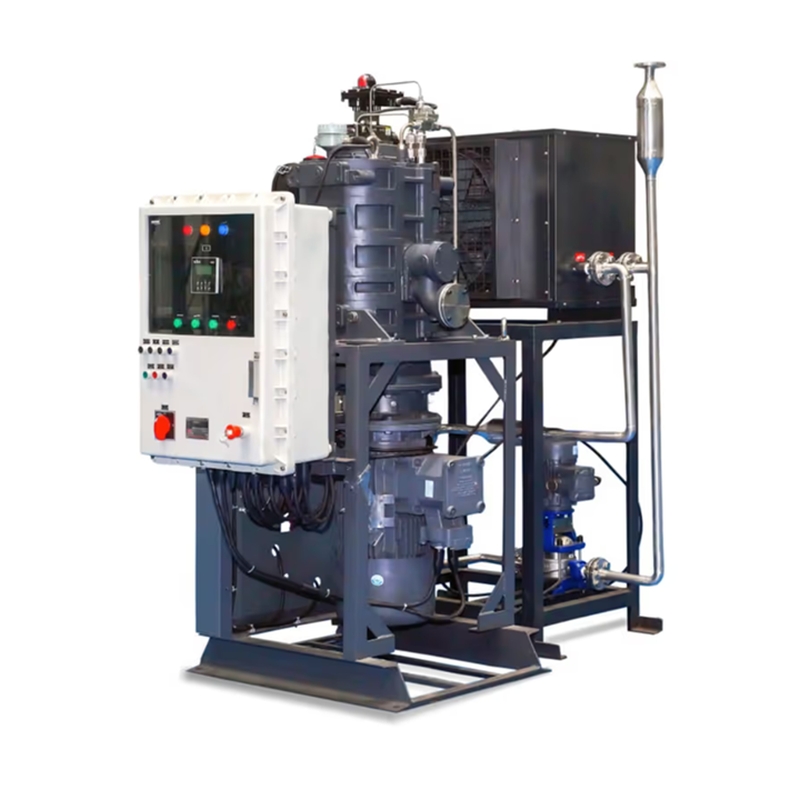
Many parts of modern process plants require vacuum (e.g. distillation, evaporators, degassing, vacuum filters, vapor recovery). Dry vacuum pumps are preferred in many chemical, petrochemical, and fine chemical contexts because they avoid contamination and reduce maintenance compared to oil-sealed systems.
Schematic’s Value Proposition
- Selection of dry (oil-free / dry-running) vacuum pumps compatible with aggressive gases, vapours, or fine solids.
- Integration into vacuum systems, including backing pumps, multi-stage designs, and control logic for pump staging, bypassing, and safety interlocks.
- Custom skid assemblies, flanged connections, instrumentation, and sealing to interface to piping and systems.
- Emphasis on leak-tightness, reliable performance under variable load, and compatibility with corrosive or condensing vapours.
The result: vacuum systems that avoid cross-contamination, reduce maintenance, and support continuous process performance.
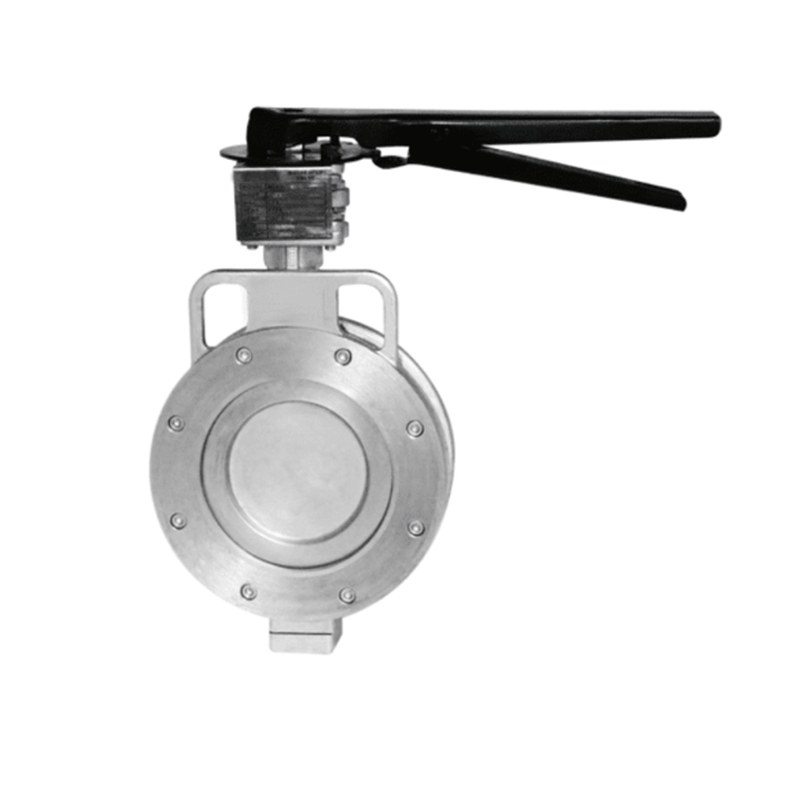
Valves are the control points of any fluid or gas network: isolation, regulation, diversion, throttling, safety relief, etc. Poor valve selection or performance can lead to inefficiency, leakage, erosion, or unplanned shutdown.
Schematic’s Valve Offering & Philosophy
Through partnerships with valve specialists such as Stan Valves, Schematic can integrate ball valves, gate valves, butterfly valves, control valves, check valves, and solenoid / pneumatic actuated systems into its process packages.
- Ball Valves – ideal for tight shut-off, quarter-turn operation, low leakage, and durable service, particularly in high-pressure or high-temperature service.
- Gate Valves – suitable for full-bore, low-pressure-drop isolation in large pipelines or slurry service.
- Automated & Control Valves – ability to pair valves with actuation, positioners, feedback, and integration into distributed control systems.
- Valve customization – material selection, trim design, sealing surfaces, and surface finishes adapted to aggressive or abrasive fluids (acidic, slurry, multiphase).
- Valve life optimization – considering operational loads, erosion, cavitation, cycle count, and integration within the plant’s piping & instrumentation network.
By combining valve hardware with actuation, controls, diagnostics, and engineering support, Schematic offers more than “just a valve”—it provides a controlled, reliable valve solution suited to its industry clients.


